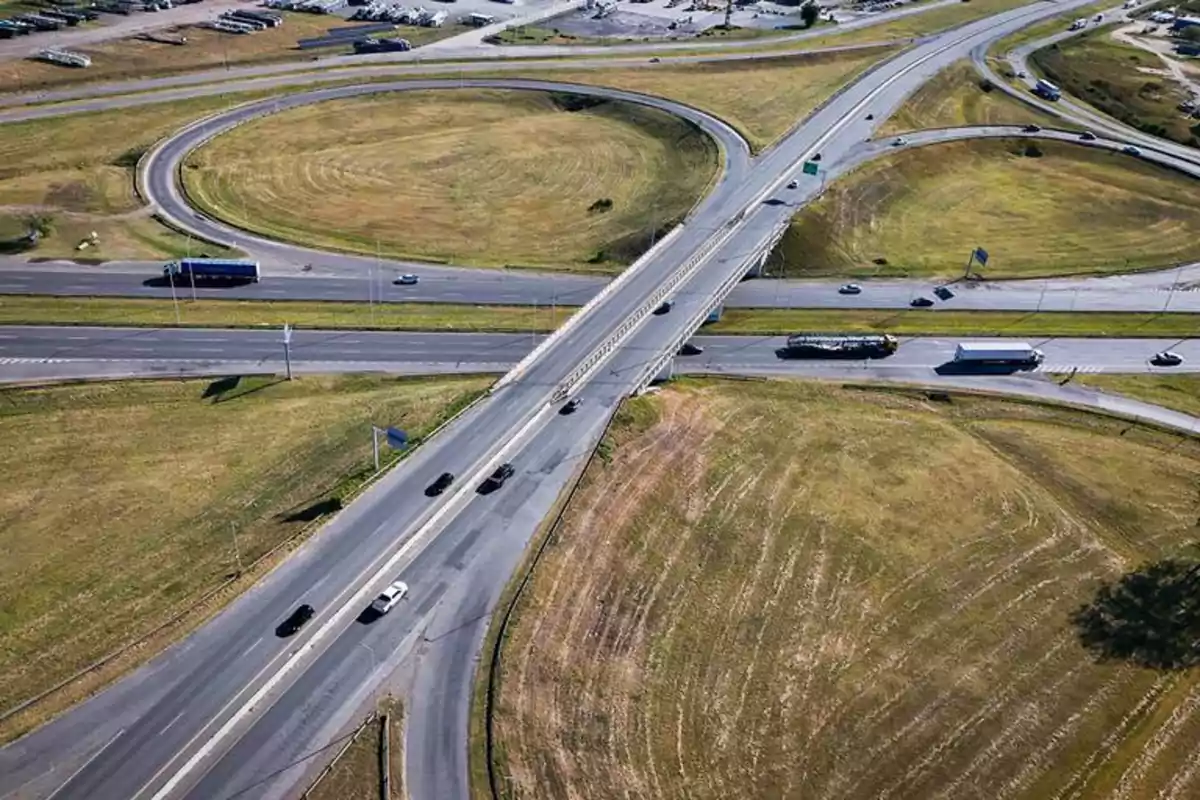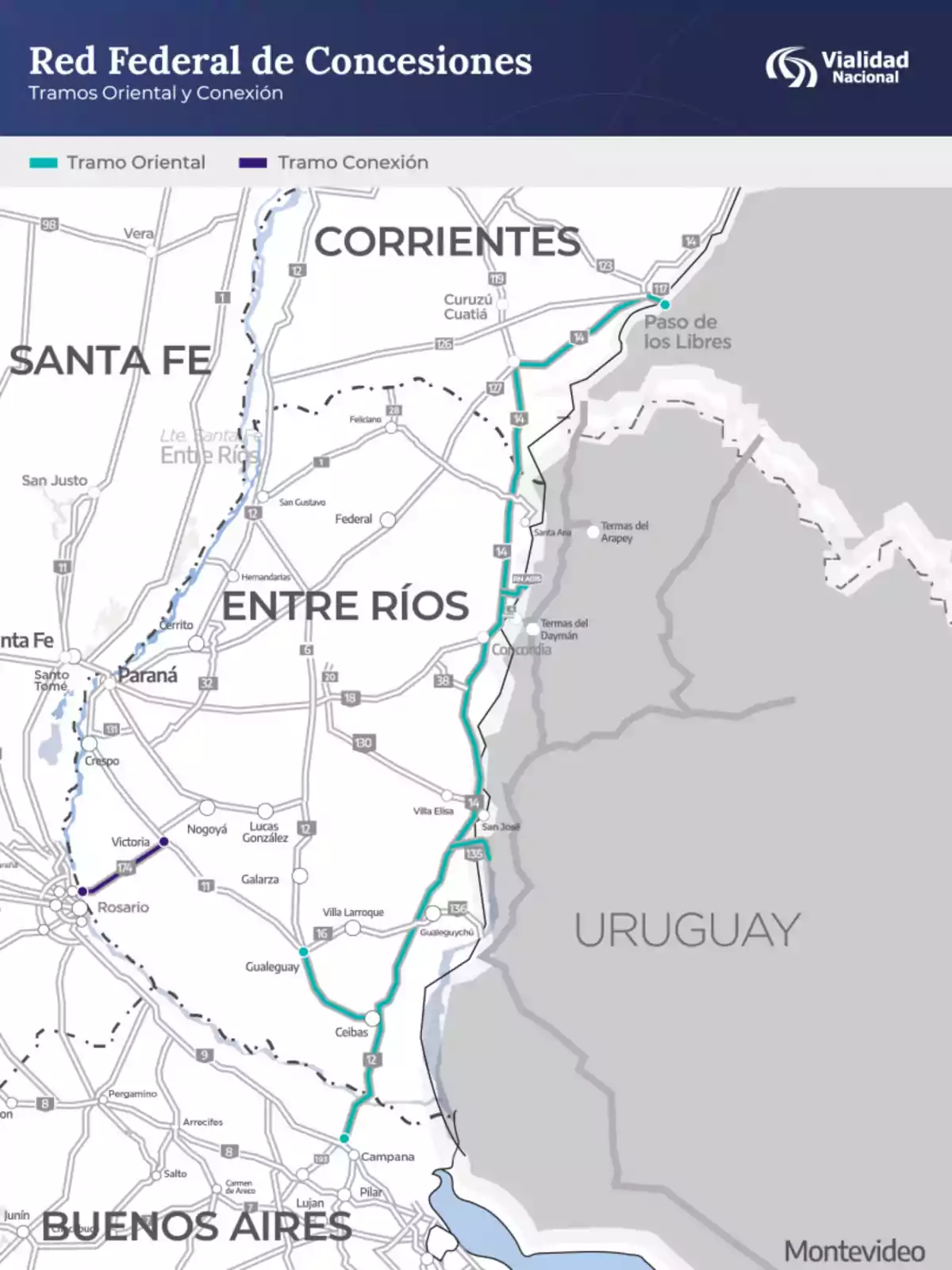
The government is launching a private concession plan for more than 9,000 km (5,592 miles) of routes.
President Javier Milei launches the largest road tender with 100% private investment and no subsidies
The government of President Javier Milei has once again demonstrated its capacity for efficient, results-oriented management. Through Resolution 29/2025 of the Transportation Secretariat of the Ministry of Economy, a call has been launched for a national and international public tender for the construction, operation, administration, and maintenance of two key sections in the Federal Concessions Network (RFC): the Eastern Section and the Connection Section.
This process marks the beginning of Stage I of a plan that contemplates the concession of more than 9,000 kilometers (5,592 miles) of national highways, under an unprecedented model in Argentina: without subsidies, without state contributions, and with completely private investment. In this first stage, 741 kilometers (460 miles) will be tendered, which will be progressively integrated into the network in future stages.

The Eastern Section includes national highways 12, 14, 135, A015, and 117, strategically crossing the provinces of Buenos Aires, Entre Ríos, and Corrientes. Meanwhile, the Connection Section includes the Rosario-Victoria Bridge (National Highway 174), a key piece of infrastructure that links Entre Ríos with Santa Fe.
The magnitude of the project responds not only to road modernization criteria but also to a fiscally responsible vision: the old, deficit-ridden concession scheme is being completely eliminated, which did not provide tangible improvements for users and caused a heavy cost for the State. In the government's own words, "the new system will not have any subsidy from the public sector", which represents a direct and sustained saving for the national Treasury.

This transformation process comes after the expiration, on April 9, 2025, of the concession for the former Road Corridor 18, which included a large part of the highways now being tendered. Once the Public Hearings, the Data Room (Consultation Exchange), and the publication of the preliminary documentation in its Version 2 have been completed, the process is ready to move forward into the competitive stage.
In addition, oversight and monitoring of the concessions will be carried out by National Highways, a decentralized entity that will serve as the supervisory authority to ensure the strict fulfillment of the contracts for the benefit of users and the federal development of the country.
The Federal Concessions Network is part of a structural policy of the libertarian government aimed at energizing the real economy, using private investment as a lever for growth and infrastructure as a necessary condition for territorial integration.
"We reinforce the commitment of the National Government to the development of a modern, safe, and efficient road system, promoting territorial integration and the country's economic growth", highlighted the Transportation Secretariat. All updated information and documents related to this process are publicly available, reaffirming the transparency and access to information policy that characterizes this administration.
More posts: